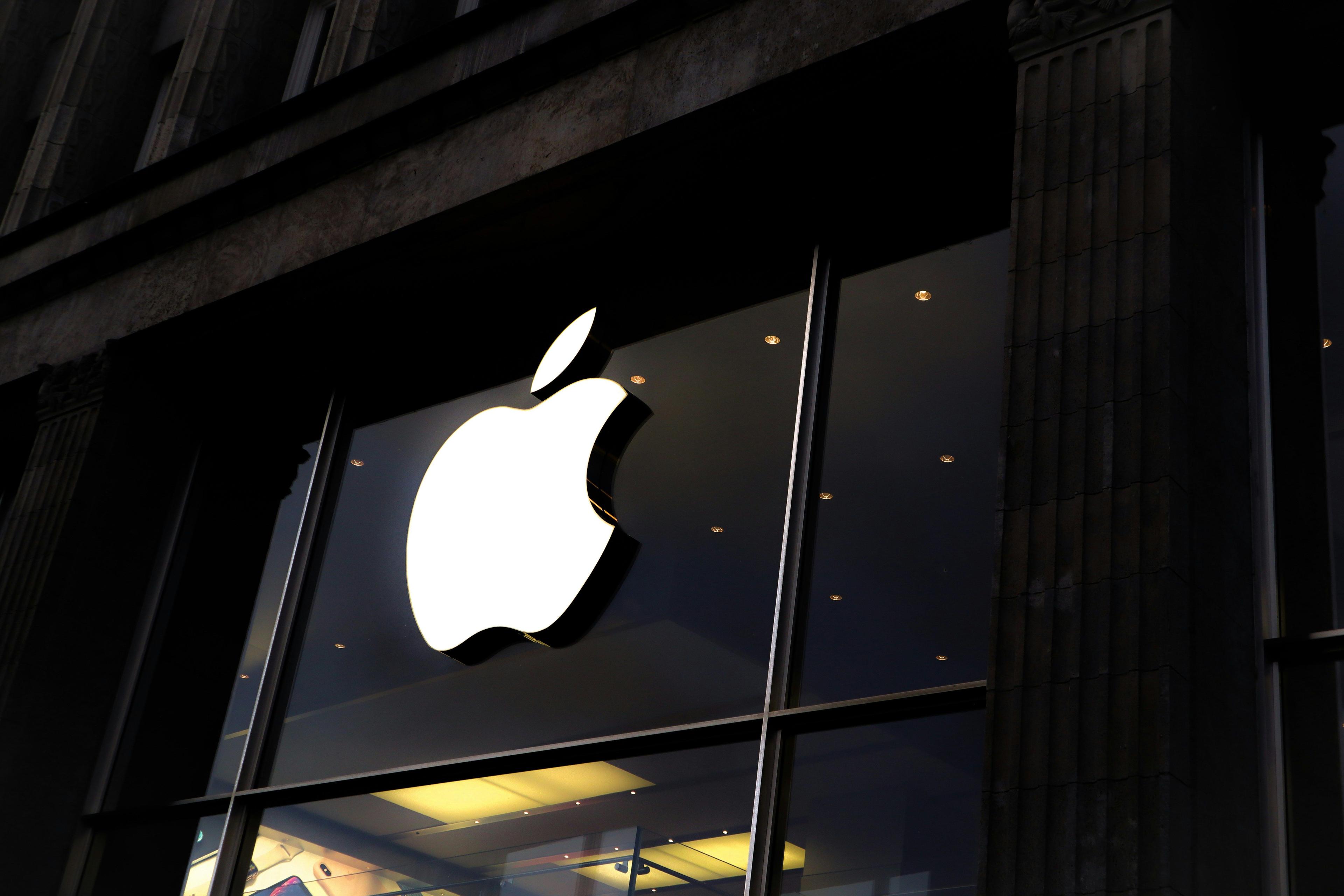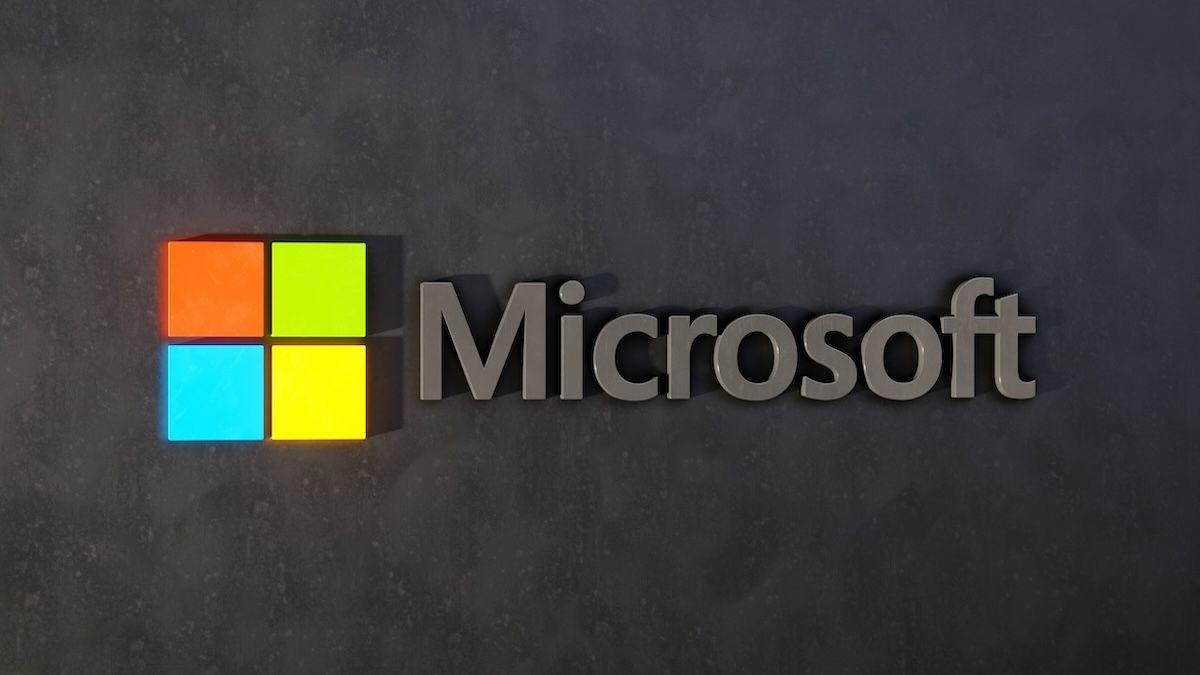
Apple production hubs hit by tariffs, sending shares plummeting
Bubbles
April 3, 2025
Apple Inc. is now squarely facing the impact of President Donald Trump’s latest tariff measures, despite years of efforts to shield the company from trade conflicts and supply chain interruptions. The White House has announced a series of new reciprocal tariffs that are expected to hit Apple particularly hard, sending its stock tumbling after hours on Wednesday.
Under the new policy, imported goods from China will face a reciprocal tariff of 34%, which, when combined with existing duties, brings the total tariff on Chinese products to 54%. This is a major concern for Apple, given that China remains central to its supply chain, with most U.S.-sold devices still manufactured in Chinese factories. However, the tariffs don’t stop there. They also affect Apple’s production facilities in other countries as the company has diversified its manufacturing footprint.
For instance, in India—where Apple is ramping up production of iPhones and AirPods—a 26% tariff will be applied. In Vietnam, where some AirPods, iPads, Apple Watches, and Macs are assembled, the tariff rate will be 46%. Meanwhile, production in Malaysia, which increasingly supports the manufacturing of Mac computers, will be subject to a 24% tariff, and facilities in Thailand, which also produce some Macs, will face a 36% levy. Even Ireland, part of the European Union where Apple produces some iMacs, will see a 20% tariff.
These new tariffs have rattled investors, with Apple’s shares dropping by as much as 7.9% in after-hours trading, adding to an 11% decline seen earlier this year amid a broader retreat in tech stocks. The White House announced that these tariffs will come into effect on April 9. Although an Apple spokesperson did not immediately comment on the matter, industry analysts warn that the additional tariffs will likely squeeze Apple’s profit margins. Bloomberg Intelligence analysts have noted that Apple is not expected to pass these costs onto consumers through higher prices, which could further pressure the company’s financial performance in an environment of fragile consumer sentiment.
During the previous Trump administration, CEO Tim Cook successfully persuaded the president to exempt the iPhone and some other products from tariffs, arguing that imposing such duties would hurt an American company and inadvertently benefit competitors like South Korea’s Samsung Electronics. In an attempt to win favor with Trump earlier this year, Apple also pledged to invest $500 billion in the United States over the next four years—a commitment that was slightly accelerated compared to the investment plans announced under President Joe Biden, not accounting for inflation. As part of this push, Apple stated it would manufacture some AI-related servers in Texas and recently began producing a limited number of chips in Arizona.
Despite these initiatives, Apple’s mass production still largely occurs overseas, meaning the new tariffs will continue to affect the majority of its supply chain. While the company promotes a single model—the Mac Pro, which starts at $6,999—as being built in Texas, that product is produced in limited quantities, and many of its components are sourced from China and other countries now facing these higher tariffs.
Trump’s new tariff strategy poses a significant challenge to Apple’s global supply chain and could reduce profit margins, all while adding uncertainty to an already complex trade environment. The full impact of these tariffs remains to be seen, but for a company as large and interconnected as Apple, the ramifications could be substantial.
Comments
You need to be logged in to comment
No comments yet. Be the first to comment!
Need a website?
Then contact us for professional web development services.
Table of Contents
Share this article
More from the blog

Microsoft’s August 2025 Windows Update Is Breaking Streaming and Raising SSD Fears
Meta Description: Microsoft’s August 2025 Windows update (KB5063878 / KB5063709) is causing major problems for streamers and sparking SSD concerns. Here’s what went wrong, Microsoft’s slow response, an...

Microsoft Zero-Day Bug Exploit: How It Happened and What You Need to Do
Imagine waking up to the news that hackers have a secret key to your company’s data. That’s exactly what happened in July 2025 when a zero-day bug in Microsoft SharePoint was discovered to be under act...

Dembele, Yamal or Salah? Breaking Down the Bookies’ Picks for Ballon d’Or 2025
The Ballon d’Or trophy stands as the pinnacle of individual achievement in football – the gleaming prize that will be awarded on September 22, 2025. After a season of drama (Paris Saint-Germain clinch...